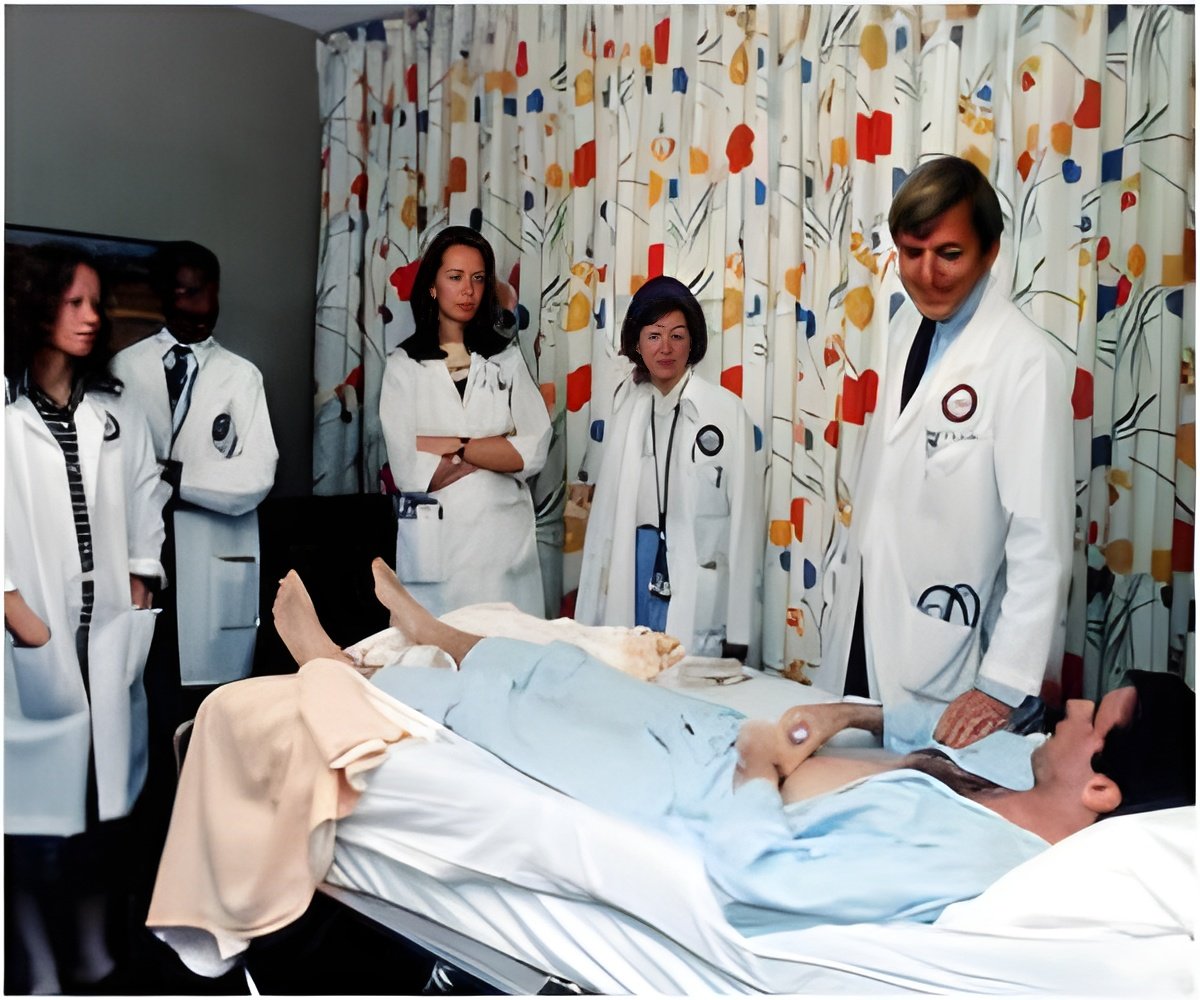
The study, supported by a $1.2 million, three-year award to Georgia State's Andrew Young School of Policy Studies and Emory School of Medicine from the National Institutes of Health's National Institute on Aging, identifies factors associated with hospital readmission within 30 days after surgery procedures. This is the first phase in a larger collaborative study on discharge decisions. The study findings appeared last month in the Journal of the American College of Surgeons.
"We are working to, first of all, find out the causes of readmission of patients at Emory hospital, and that is the first stage of dealing with the problem," said economist and Experimental Economics Center Director James C. Cox, the lead Georgia State researcher on the project. "Having identified the characteristics of patients who are readmitted, we then start looking for ways to alter practice to bring readmission rates down in the future."
The study reviewed 1,442 patients who underwent general surgery procedures from October 2009 until July 2011 at Emory University Hospital. Of the sample, 163 patients, or 11.3 percent, were readmitted within 30 days of discharge. The study identified three primary causes of readmission: pre-existing conditions, complications developed in the hospital and complications developed post-discharge.
Dr. John F. Sweeney, professor of surgery and chief of the Division of General and Gastrointestinal Surgery, is leading the team of Emory physicians. Assistant Professor Vjollca Sadiraj and Associate Professor Kurt E. Schnier are key research team members at Georgia State.
This study began well before the recent news that, as of this month, hospitals will be penalized for having high numbers of discharged Medicare patients readmitted within 30 days. The penalty is part of the Affordable Care Act and will be calculated by comparing a hospital's readmission rate of certain kinds of patients to national averages.
Advertisement
The current stage of research in this ongoing study entails further collaboration with experts in decision-making at Georgia State's Experimental Economics Center to develop decision support software that will help improve outcomes. Reducing readmissions by even a small number can have a significant impact on hospital budgets and operations.
Advertisement
Source-Eurekalert









